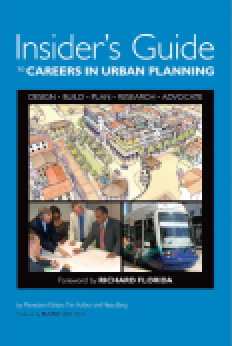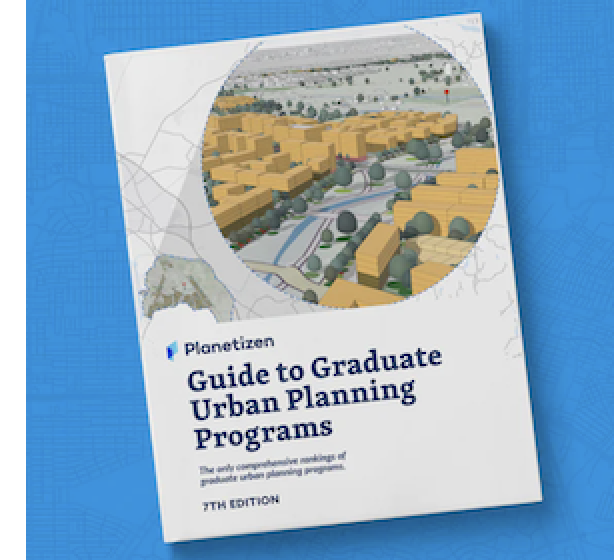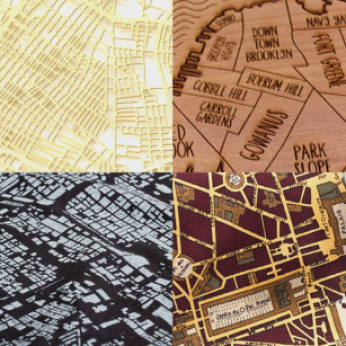Are HOAs in cities a good thing? Not always. Keep reading to learn more.

Are homeowners associations (HOAs) becoming more popular? The answer seems to trend toward "yes." It turns out that 60% of new single-family homes are involved in HOAs. This phenomenon has now started to develop in cities and includes apartments, townhouses, and condos as well.
Here's a look at three pros and three cons that residents might experience as a result.
1. Pro: They Make Utilities Cheaper
Those who partake in HOAs can enjoy various perks. These advantages include access to amenities and maintenance. HOAs also bundle utilities to make them more straightforward for members, so sewer, water, gas and more are one monthly expense.
The average utility bill can be extremely costly throughout America. These figures can sometimes be steeper in rentals due to factors like questionable construction work. The city overall might be pricier than towns nearby, as well. It's always a bonus for residents to know they won't have to handle fluctuating utility bills every month.
2. Pro: They Take Safety Measures
Many people assume all cities are unsafe, but that's not entirely accurate. Areas like Raleigh and Anaheim are examples of safe large cities in America. However, HOAs can be beneficial in places that see slightly higher crime rates. These efforts might not make cities safer as a whole, but HOAs promote more secure communities in their own way.
These groups are typically proactive about preventive safety measures. HOAs tend to have street lights and security cameras installed to create a safer environment for their residents. HOAs enforce specific community rules, too, which is a key reason why members join them. It’s also one that helps promote safety.
3. Pro: They Fix Neighborly Disputes
It can be tough to live in a building where neighbors exist on either side. There's no denying that urban environments can be just as noisy as they are exciting. HOAs can help mitigate neighborly disputes. That’s a plus for anyone who doesn’t want to deal with loud parties, barking dogs and other annoyances.
4. Con: They Often Create a Disconnect
There are many reasons why someone might relocate to a city rather than a suburb. The lively, fast-paced lifestyle is one. There’s also often a feeling of community. However, sometimes, HOAs can force members to focus more on their association than their city. This point can be a massive downside that may make people feel more separated than connected.
It's impossible for a place to truly thrive unless residents become involved. Take public health as an example. Residents can lead more fulfilling lives when they help increase community engagement around them. HOAs need to become more aligned with entities like city councils to ensure they don’t isolate themselves.
5. Con: They Can Contribute to Gentrification
Those familiar with American real estate history know that racial differences exist — and HOAs have played a distinct role in perpetuating them. It’s clear that even in 2021, HOAs aren’t exactly inclusive. They tend to be found in mostly affluent white neighborhoods rather than diverse middle- or lower-class communities.
This point doesn’t mean there aren’t any people of color who join HOAs. That said, HOAs can sometimes discriminate against their non-white residents. That’s a point people shouldn’t ignore as HOAs move into cities, where populations are typically racially diverse.
Do HOAs exist in low-income urban neighborhoods? No. It’s more likely for people of color to live in high-poverty locations, too. This data points to how city-based HOAs are disproportionately located in newly built, modern buildings where wealthier individuals reside.
As a result, HOAs can ultimately contribute to gentrification.
6. Con: They Require Monthly Expenses
There are times when living in a city can be pricey. That's true for both small and large cities throughout America. It can be enticing to join an HOA because they manage responsibilities for residents and bundle expenses like utilities. However, HOAs aren't free. They require a monthly membership fee that can add up to several hundred dollars, and often much more in some cities.
HOAs Have Their Ups and Downs
There are a few cases for having HOAs in cities. They can create safer, cleaner environment for residents. Unfortunately, HOAs also have various downsides that include racial inequality, steep prices and disconnected communities. It’s important to analyze every side so HOAs can appeal to residents everywhere.

New Florida Law Curbs HOA Power
The legislation seeks to cut down on ‘absurd’ citations for low-level violations.

New Tennessee Law Allows No-Cost Incentives for Affordable Housing
Local governments in the Volunteer State can now offer developers incentives like increased density, lower parking requirements, and priority permitting for affordable housing projects.

Planners’ Complicity in Excessive Traffic Deaths
Professor Wes Marshall’s provocatively-titled new book, "Killed by a Traffic Engineer," has stimulated fierce debates. Are his criticisms justified? Let’s examine the degree that traffic engineers contribute to avoidable traffic deaths.

Study: Housing Crisis is About Affordability, not Supply
New research shows that there is no overall shortage of housing units, but all U.S. metropolitan areas face a severe lack of affordable units for low-income renters.

Are Race-Based Lawsuits Affecting Community Lenders?
Shelterforce spoke with community lending leaders and experts about the current mood across the sector. What, if anything, are organizations doing to avoid becoming the next target of conservative activists?

New Park Promotes Community and Connectivity in Lewisville, Texas
The city of Lewisville just celebrated the opening of Glory Park/Parque la Gloria, helping to improve park access and the quality of life for residents.
City of Madera
City of Santa Clarita
Borough of Carlisle
HUD's Office of Policy Development and Research
Chaddick Institute at DePaul University
HUD's Office of Policy Development and Research
Colorado Energy Office
Pima County Community College District
City of Piedmont, CA
Write for Planetizen
Urban Design for Planners 1: Software Tools
This six-course series explores essential urban design concepts using open source software and equips planners with the tools they need to participate fully in the urban design process.
Planning for Universal Design
Learn the tools for implementing Universal Design in planning regulations.



















670d.png)

1784.png)





